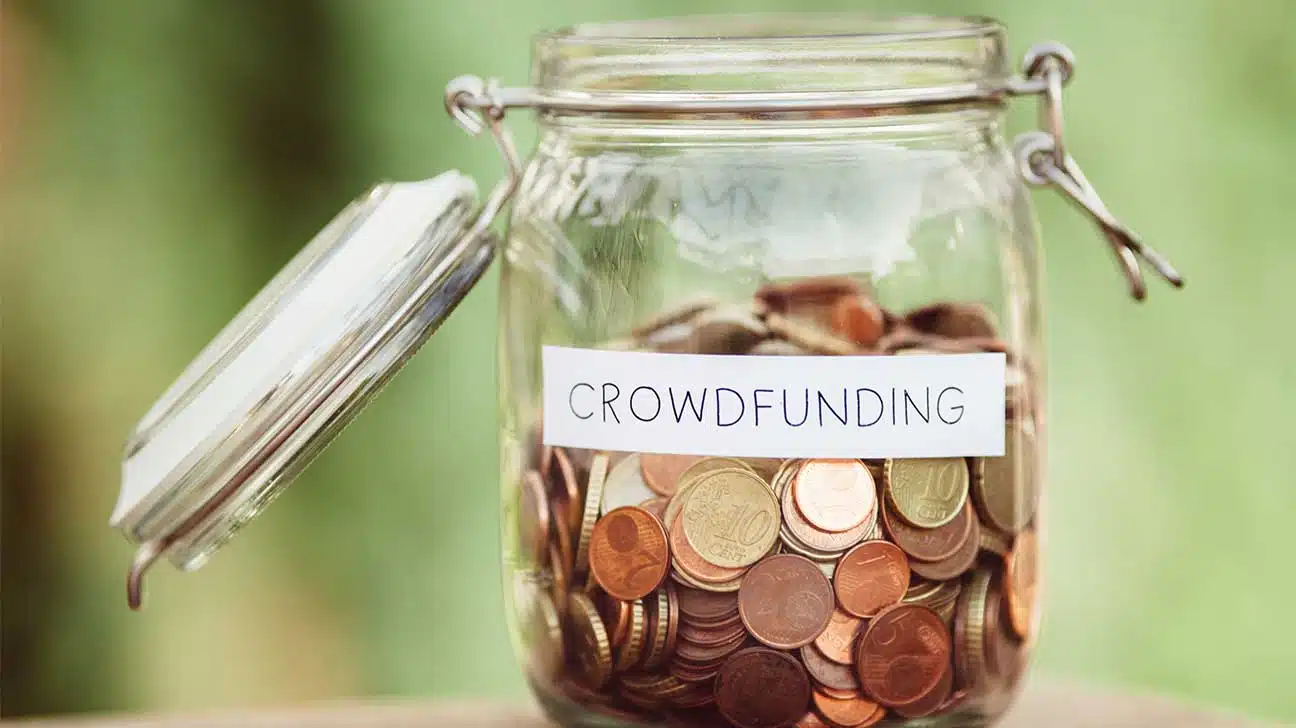
People looking for inpatient or outpatient addiction treatment programs will want to consider all of their insurance options first, from private health insurance to publicly funded insurance programs.
If you can’t access any form of health insurance coverage and need help paying for alcohol or drug addiction treatment, there are other ways to fund your care.
How To Pay For Drug Rehab Programs Without Insurance
The cost of treatment for a substance use disorder (SUD) is usually considerable, but there are ways to pay for it without insurance. In fact, you may want to consider these options even if you have insurance coverage.
Health insurance plans don’t always cover everything, and you may need to fund additional expenses due to coverage limits or a high deductible.
Other options for funding addiction treatment may include:
- loans
- assistance from a family member
- crowdfunding
- government grants
- financing options
- payment assistance from the addiction treatment center
- medical credit cards
We’ll look at some of these payment options in more detail below.
Government Grants
Government grants may be a valuable resource to help you pay for the cost of a drug or alcohol rehab program. Ask your treatment facility if you qualify.
This money is distributed to rehab facilities by the Substance Abuse and Mental Health Services Administration (SAMHSA) in the form of block grants.
SAMHSA provides millions of dollars in block grants every year. Rehab centers that receive this funding can help you determine if you are eligible for these funds.
Rehab centers also sometimes apply for specific grants through SAMHSA and use that money to fund specific treatment programs that they run.
Help From A Family Member
Family members may be able to provide some of the funds you need for treatment while also being flexible when it comes to paying them back.
Many times, family members have seen a loved one experience the effects of addiction and just want that person to seek treatment and begin recovery.
In other cases, family relationships may have been strained due to a loved one’s substance use, and financial support may not be an option.
Crowdfunding
Crowdfunding is increasingly becoming an option for funding addiction treatment services, even those with a bigger price tag, like medical detox or inpatient treatment.
People use crowdfunding as a way of funding healthcare treatment, business ventures, and more by soliciting small amounts of money from a large group of people.
Crowdfunding websites like GoFundMe can help you leverage your social media contacts as well as those of friends and their friends and so on.
With crowdfunding, you do not have to pay back the money you receive, but websites like GoFundMe do charge a percentage of each donation.
Payment Assistance From The Drug Rehab Center
You can also look into any financial assistance provided by individual addiction treatment centers.
Typically, payment assistance is offered by rehab centers in one of two ways, or both: financing options or a sliding fee scale.
A sliding scale bases the cost of treatment on each client’s income level, so clients who earn less pay less.
Many treatment centers will also offer payment plans, allowing you to spread the cost over the course of several months. These payment plans usually come with interest as if they were a personal loan.
Private Loans
You can consider taking out a private loan. How much you receive will depend on the lender, your credit score, and other factors.
There are several types of loans available, including:
- substance abuse treatment loans
- personal loans
- home equity loans
There are lenders who specialize in substance abuse treatment loans. Usually, they are able to get you qualified quickly and offer competitive interest rates between 6% and 7%. You may be able to work directly with a lender or through your treatment center.
You can also get a personal loan to help pay for treatment. There are many loan agencies available online, or you can inquire at your bank. Personal loans may have a higher interest rate.
Finally, if you own a home, you might look into a home equity loan. Check with your mortgage company for more information about this payment option.
Medical Credit Cards
Another option is paying for treatment with a standard credit card. Credit cards can provide high limits, depending on your eligibility, but they also come with high interest rates, as much as 24%.
Medical credit cards used to pay for healthcare services only may provide a lower interest rate.
Consider All Of Your Options
Before you resort to paying with a credit card, be sure that you have checked all your possible options in regard to insurance.
If you are in a low-income demographic, you may qualify for Medicaid or another low-cost insurance plan through the Affordable Care Act (ACA), at HealthCare.gov.
If you are over the age of 65, you may qualify for Medicare. All public health insurance plans provide coverage for outpatient treatment or even inpatient rehab programs.
You might also consider looking into low-cost and free addiction treatment services, such as state-funded rehab centers, 12-step support groups like Alcoholics Anonymous (AA), and sober living homes.
Find Addiction Recovery
If you or a loved one is looking for addiction treatment, you can find it today. Call us to learn about your treatment options and how to get started on the path to recovery.
Addiction Resource aims to provide only the most current, accurate information in regards to addiction and addiction treatment, which means we only reference the most credible sources available.
These include peer-reviewed journals, government entities and academic institutions, and leaders in addiction healthcare and advocacy. Learn more about how we safeguard our content by viewing our editorial policy.
- Investopedia - Crowdfunding: What It Is, How It Works, Popular Websites
https://www.investopedia.com/terms/c/crowdfunding.asp#toc-popular-crowdfunding-websites - Substance Abuse and Mental Health Services Administration (SAMHSA) - Substance Use and Mental Health Block Grants
https://www.samhsa.gov/grants/block-grants


